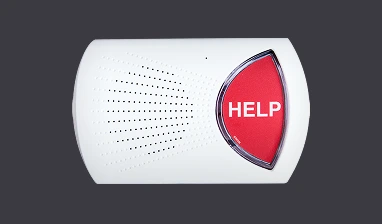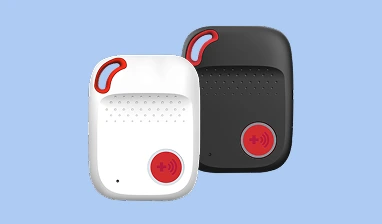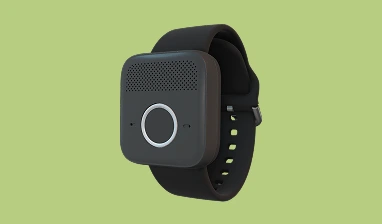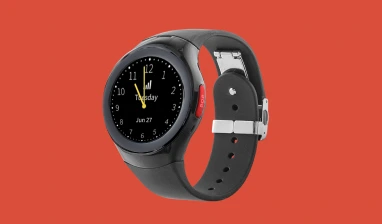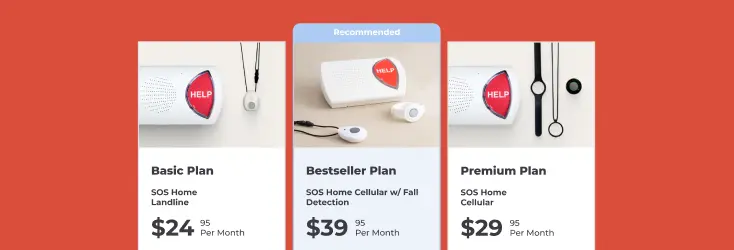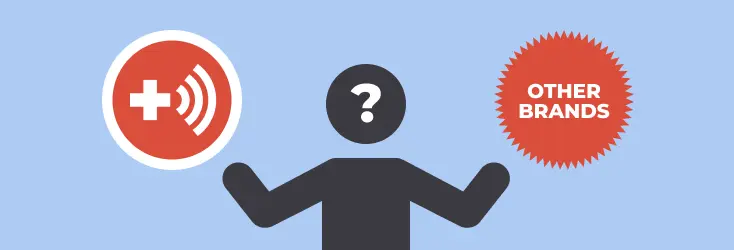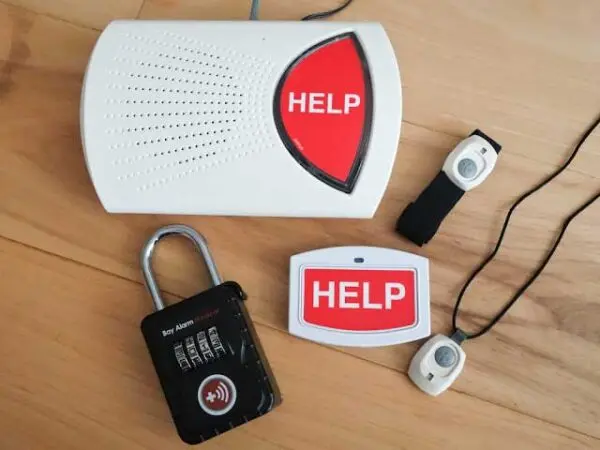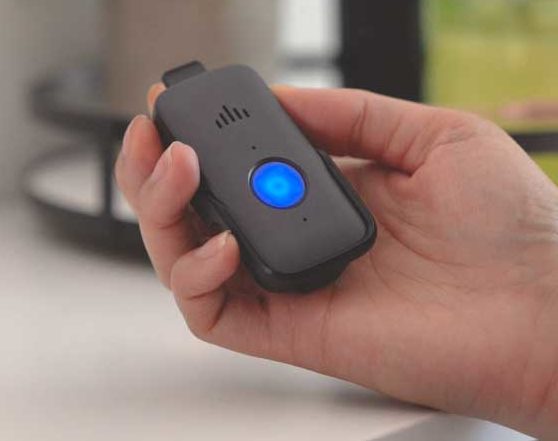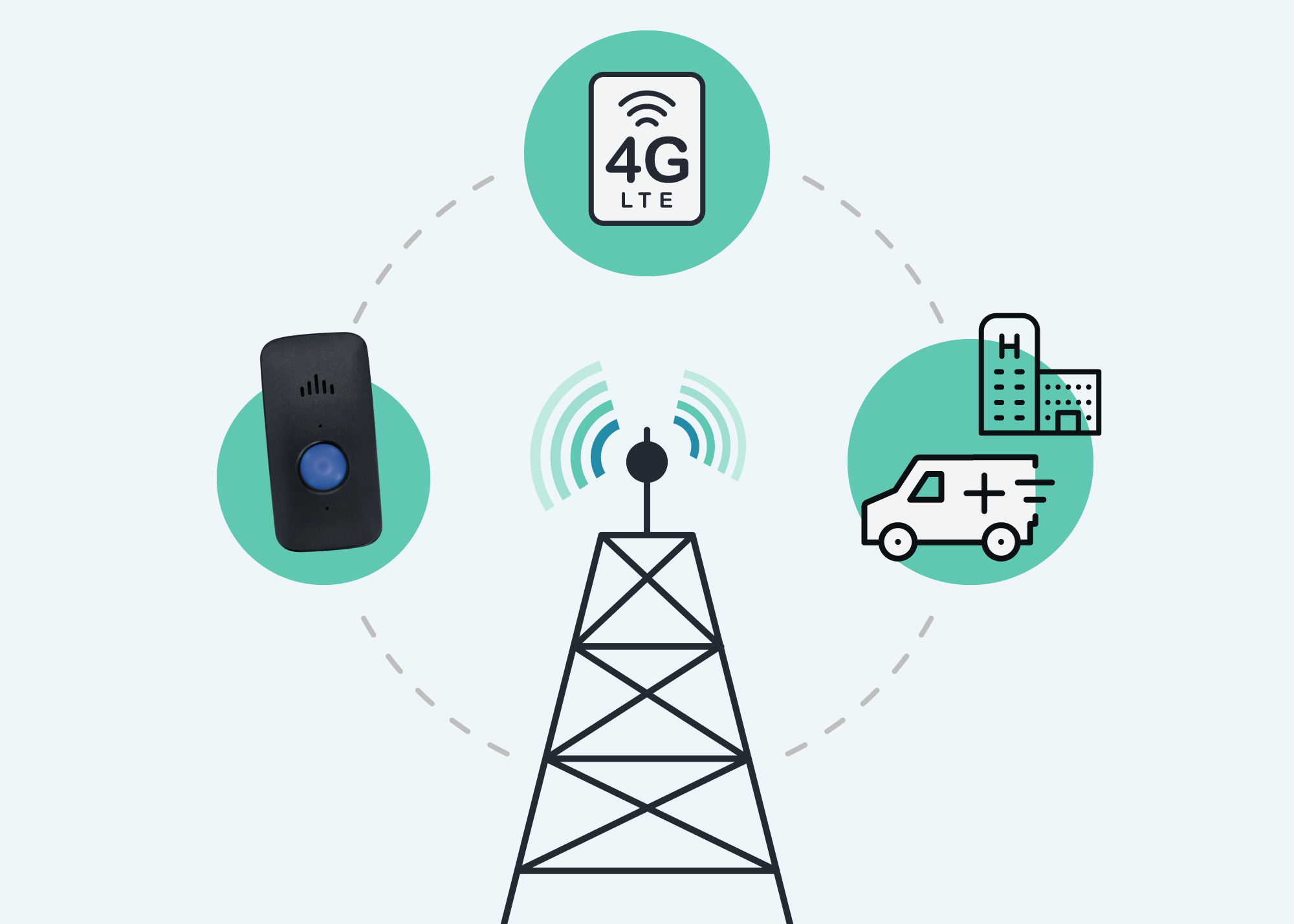If you’re reading this article, more than likely you’re probably looking into getting a medical alert system for yourself, a friend or a loved one.
You are already doing a great job by researching and comparing different medical alert companies. You may be feeling a bit overwhelmed with the different websites, pricing, products, etc. No worries, we understand what it’s like as many of our employees are family caregivers themselves.
Whether it’s with us or another company, hopefully, this article will not only be helpful, but your final destination before you make a decision.
Here’s a breakdown of 6 important areas we’ll be covering:
1. What’s going on?
2. Compatibility & Availability
3. Monitoring Station
4. Pricing and Contracts
5. Equipment
6. Experience & Customer Service
When it comes to helping our customers choose a standard 24/7 medical life alert system (aka: personal emergency response system, medical alert, help/panic buttons), we start off by asking one very basic question:
1. What’s going on?
Before purchasing, it’s important to stay focused on the main purpose in order to avoid buying things your loved one won’t use and feeling confident that they are safe and comfortable when alone.
Our goal at Bay Alarm Medical is to try and custom-tailor solutions for each and every one of our clients. Everybody’s situation is different. Things we look for include how big the individual’s living area is, type of disability, or whether or not they’ve already suffered through a fall, heart attack, stroke, etc.
With that said, most of our clients are seniors between the ages of 70 – 95. Many are retired and still live a very active lifestyle. They simply want added insurance and peace of mind just in case they have a slip in the bathroom or around the stairs. Of course, this doesn’t mean you have to be a senior citizen to use our products and services.
While you can find all the necessary information regarding how we work on our website, we always advise that family speak with one of our Care Consultants. This allows our team to better connect and understand your needs and expectations. This will help us identify what’s going on to the user(s) and if we are a good fit for your needs. Bay Alarm Medical is dedicated to remaining transparent and honest. Meaning, we will never push products and services that are not needed for a customer. We pride ourselves in offering a quality and safe experience.
In-home Medical Alert
Our In-home Medical Alert Systems work for anyone who is a fall risk or who are often home alone and have on-going health conditions where they may need emergency services.
SOS Mobile GPS
We also have an easy-to-use SOS Mobile GPS Device, that works for best for the active senior in your life that still goes out, whether it’s for daily errands or a jog in the park. The SOS Mobile GPS Device is also great for young children who walk to and from school, or take the bus.
SOS Smartwatch
If you’re looking for the safety of a medical alert system with a more modern take, our SOS Smartwatch offers the same 24/7 coverage as our traditional systems. Just like the Mobile GPS Device, the SOS Smartwatch is the perfect on-the-go option. Bundle it up with an In-home system for maximum coverage!
2. Compatibility & Availability
The next step is to find out if a medical alert system will work within your home. For the most part, any home with a standard land-line, digital cable, or any type of bundled Cable TV/Phone/Internet service will be compatible with our system. If you are interested in a medical alert system, it’s always a good idea to give the company a call to double check if your phone provider will work with their system.
For those without a traditional landline phone, most medical alert companies offer a cellular option which runs off of network towers in your area. Be sure you speak with a representative of the company you are researching so they can double check the coverage in your area. Bay Alarm Medical runs off of AT&T and Verizon network towers. There is no need for customers to have AT&T or Verizon services nor does it require a cell phone. It simply means the connection will run off of the nearby towers rather than a phone line.
You should also check the same connection for any On-the-Go devices that you are interested in.
3. Monitoring Station
The monitoring station is the backbone of any medical alert provider. Here are 3 important things to look for:
- Certification: Does the monitoring station have the minimum certifications in order to operate?
Why is this important: A true 24/7 monitoring station undergoes a rigorous certification process every year. These tests are conducted at random times and are very hard to pass. Not only that, a true 24/7 monitoring center needs to invest heavily in equipment, training and personnel to even qualify for certification. It’s the only way we can ensure that our customers get the absolute best in reliability and rapid response times.Plug: (Hey it’s our blog: Bay Alarm Medical’s 24/7 monitoring centers are CSAA Five Diamond Certified and undergo a rigorous certification process annually, commit to tough quality standards, and agree to random inspections by UL, a nationally recognized testing laboratory.) - Dedicated: Does the call center ONLY take medical alert calls? Do they also take sales, technical and other response calls unrelated to medical?
Why is this important: It’s quite simple. A dedicated medical alert call center only handles one thing – medical alert calls. Did you know that Bay Alarm Medical is owned by a burglar alarm company? Most people don’t and it’s because we keep both businesses completely separate.Plug: Bay Alarm Medical employs 2 dedicated call stations solely focused on 24/7 medical alert monitoring. Our parent company, Bay Alarm, has an entire separate division dedicated to residential and commercial property protection. - Monitored in the USA: Where is the call center located? Are my calls being responded to in the USA?
Why is this important: To save money, a lot of companies outsource their call centers to countries outside of the United States. Since cost of labor is cheaper overseas, it makes sense from a financial standpoint. However when it comes to 24-hour monitoring, we believe it’s best to keep our call centers domestic. Calls are responded to much more rapidly, operators have ALL local contacts to emergency services and the calls are generally of higher quality.Plug: Bay Alarm Medical’s USA-based headquarters works closely with our USA-based monitoring partner to create a network of highly reliable emergency response centers. Located in Ogden Utah and Tacoma Washington, the two state-of-the-art centers are full duplicates of each other. If one station were to ever go offline, the other station would provide immediate emergency coverage.
4. Pricing & Special Offers
Price is always an important factor when making any kind of buying decisions. Bay Alarm Medical is known for their competitive pricing and great offers. Another thing to look for are introductory rates. It’s a strategy that the big TV and Internet companies have used for the longest time. Some medical alert providers are starting to use it as well.
Many companies appear to offer great deals and specials, be careful as many of these require long term contracts or hidden fees. Bay Alarm Medical currently offers Free Activation & a 15-day risk free trial. So, if you decide our services aren’t right for you, return everything back to us within the 15-day trial period and you will be refunded (minus cost of shipping). We like to be transparent with our customers and do not have any hidden fees or contracts.
Payment Plans
Most medical alert providers charge a monthly subscription fee for services but be wary of additional hidden fees.
Bay Alarm Medical offers an easy month-to-month subscription for the cost of monitoring your device(s). Since our equipment is leased, meaning you return it back to us to cancel the account (not including necklace and wrist buttons), we do not charge equipment fees unless stated at the time of purchase. For more questions regarding pricing, please feel free to give our Care Consultants a call 1-877-522-9633.
Long-Term Contracts
If you own a cell phone, (and most of you probably do) you’ll agree that contracts are a pain in the butt. Not only are you obligated to pay for a certain amount years, if you no longer need it, you’re charged a huge cancellation fee. When choosing a medical alert provider, make sure that you look into their contract policies before making a decision.
We’re not in the business of making families feel stuck with additional bills. With Bay Alarm Medical, you can rest assure you will never have to face a long-term contract. If for any reason you no longer need the services, we ask that you give our Customer Care Team a call so they can walk you through the easy cancellation process. That’s right, no cancellation fees!
5. Equipment
I’ll keep this part short because believe it or not, the equipment is usually a bit overrated. Medical alert systems have been around for quite some time now and the technology behind it have pretty much stayed the same. Because of that (and I hope I don’t get in trouble for this) most medical alert providers usually have pretty good and reliable hardware. There are, however, a couple of different variations.
Standard-Style Medical Alert
These are the most common types of hardware and used by most medical alert providers, including Bay Alarm Medical. The system is comprised of a base station and a remote pendant. When you push the pendant, it activates the speakerphone (inside the base station) and will initiate 2-way communication with the call center.
Walkie-Talkie System
The main advantage of a walkie-talkie styled system is that it houses a microphone inside the pendant thereby enabling the user to speak into the pendant. The problem with these kinds of systems is that the pendants are significantly larger, requires the user to routinely re-charge the device, and because there are electronics inside the pendant, they aren’t 100% waterproof. The system also requires the user to use a tiny screwdriver to change out the battery. Probably not very user-friendly with the elderly.
We use the standard-style medical alert system simply because it’s super user-friendly, reliable and requires zero maintenance. The pendants have a battery life of 2-5 years and the base station has a backup battery of 32 hours. Furthermore, they’re 100% waterproof (so you can wear them in the shower) and depending on the setup of your living area, you can expect an operating range between 400ft to 1000ft.
6. Experience and Customer Service
Above all else, experience and customer service plays the biggest role when it comes to choosing the right provider.
If you’re just starting your search, it’s hard to know which service provides the best customer service and support. Sales reps are always kind and friendly during the ordering process, but if you ever have a technical question after purchasing, a lot of companies may try to rush you off the phone.
We invite you to check out our medical alert reviews page to help narrow your search. These reviews are unbiased, unfiltered, and unedited. Outside 3rd party resources can be great tools when doing your research.
Try Bay Alarm Medical, risk-free, for 15 days!
